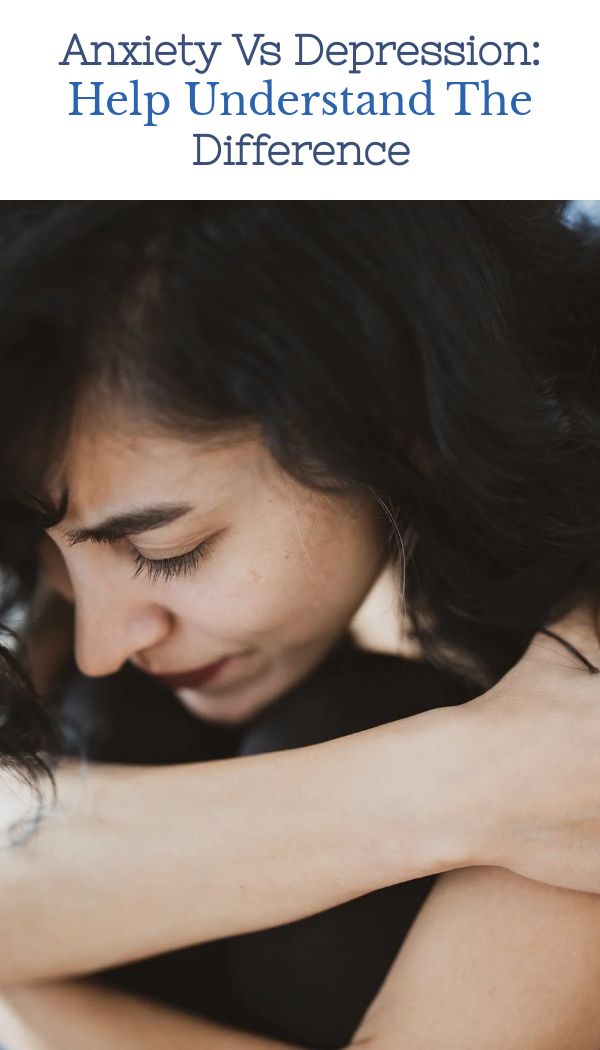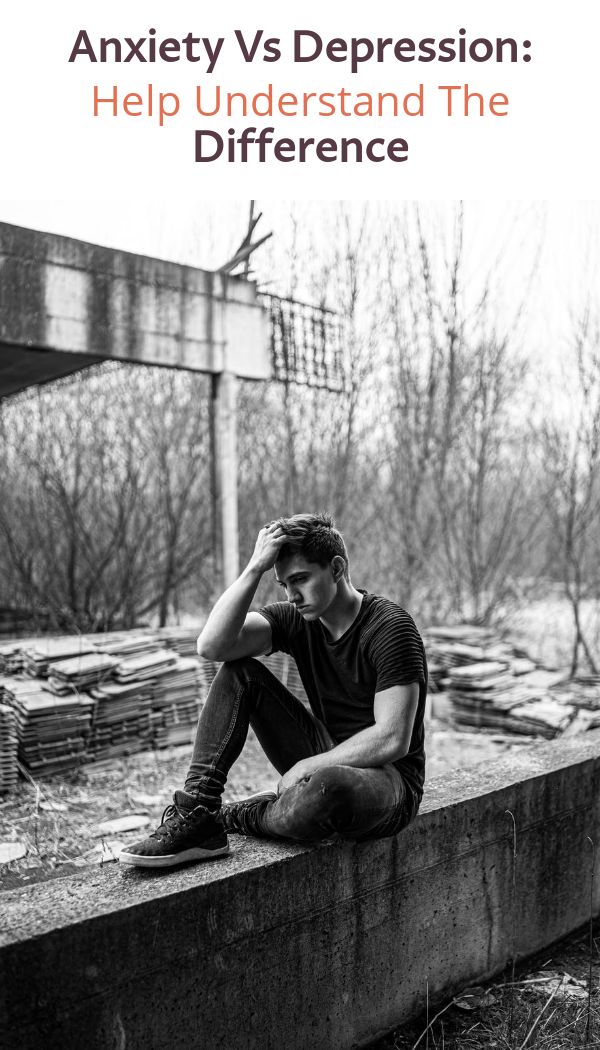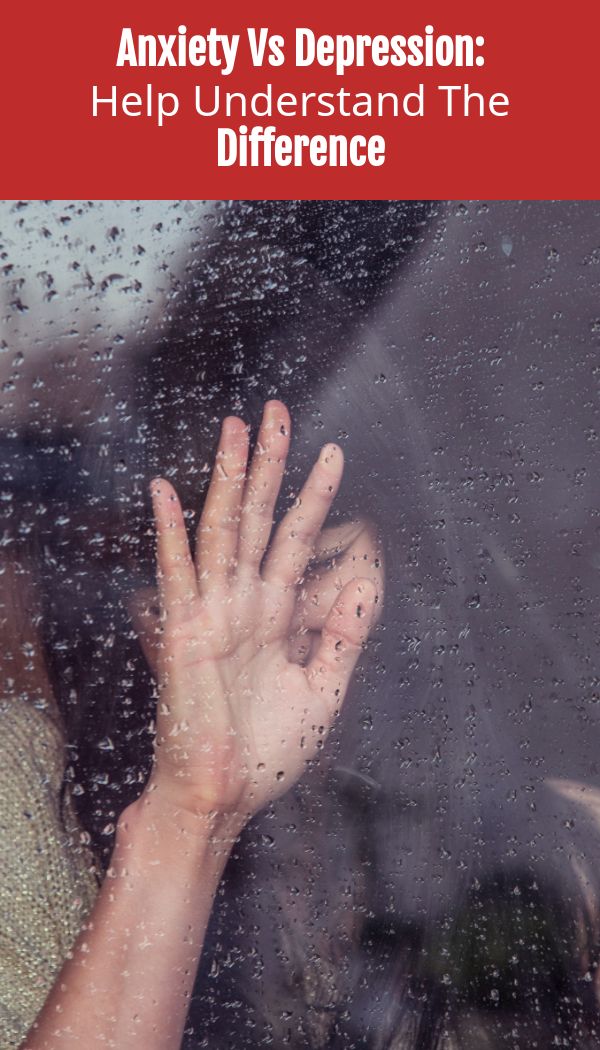Anxiety disorders are debilitating and can be disabling. Although depression is more common, anxiety disorders cause many more problems, which can become disabling. Research indicates that most anxiety disorder cases can be successfully treated using medical and/or psychiatric medications, psychotherapy, and lifestyle changes. Here is a look at some of the symptoms associated with anxiety disorders.
One of the major concerns of those suffering from anxiety disorders is being afraid of what will happen if they are feeling anxious. Some people who suffer from anxiety panic actually experience physical symptoms such as palpitations, dizziness, hot flashes, fatigue, and headaches. These physical symptoms may seem insignificant to the sufferer, but they are indeed symptoms that can be physically debilitating.

Many sufferers of anxiety panic attacks may have trouble falling asleep and may wake up several times throughout the night. This happens because the mind races to try to avoid the thoughts that occurred during the anxiety episode. When the sufferer finally falls asleep, the worry that they had during the episode often returns. This repeats itself for weeks or months until the person finally becomes overwhelmed and gives up.
People suffering from this disorder find it difficult to carry out daily tasks because they are so terrified that something bad will happen. Others may not feel comfortable leaving the house because they are so concerned about what they will do in public. The fear of fear keeps them from doing things that are natural for them, and the result is that they don’t enjoy life to the fullest.
Panic and anxiety attacks may also cause feelings of fear, claustrophobia, lack of self-esteem, fatigue, lack of enjoyment, headaches, exhaustion, loss of appetite, muscle tension, nausea, poor concentration, rashes, and sleep disorders. For some, the symptoms may not appear immediately, and they may take years to appear. The longer an anxiety disorder lasts, the more difficult it becomes to treat.
Stress can lead to anxiety disorder, especially high levels of stress. It is known that stress has a direct correlation with anxiety attacks. Sometimes the person with anxiety disorders will just have more than normal amounts of stress, or sometimes the stress may be so overwhelming that it leads to a full-blown panic attack.
Just as in all the other anxiety disorders, panic attacks tend to increase in severity when the sufferer becomes overly preoccupied with worry and fear. If a person begins to panic over something, that worry will compound until the person develops an obsessive fear. Once the person begins to fear something, they cannot stop worrying about it, and the cycle continues. Without treatment, the symptoms of anxiety disorders can become quite severe.
Treatment for anxiety attacks will usually focus on the underlying issues that led to the disorder. For example, if the sufferer is always being criticized by co-workers, then the problem may lie with their work environment. It is the same if the person is having problems with their family. However, what may have been rooted in family issues may become a problem when other factors are added to the mix.
Some of the most common causes of anxiety attacks are biological or genetic. For example, many anxiety disorder patients have a family history of anxiety or depression. They also have inherited certain brain chemicals that may react differently to stress. Scientists have been looking for a way to develop drugs that can either block the effect of these chemicals or inhibit the reuptake of these chemicals.

There have been several drugs developed that act as antidepressants. However, the majority of these drugs are only effective when taken at the first sign of symptoms. Taking these drugs at the wrong time can cause anxiety attacks because they act as antidepressants without the “trip” side effects.
Those who suffer from anxiety disorder will need to go through behavioral therapy to learn to recognize their feelings of fear and panic. The idea is to get the sufferer to focus on what they think they’re fearful about and not what they fear. is actually unnecessary or will lead to extreme anxiety attacks.
